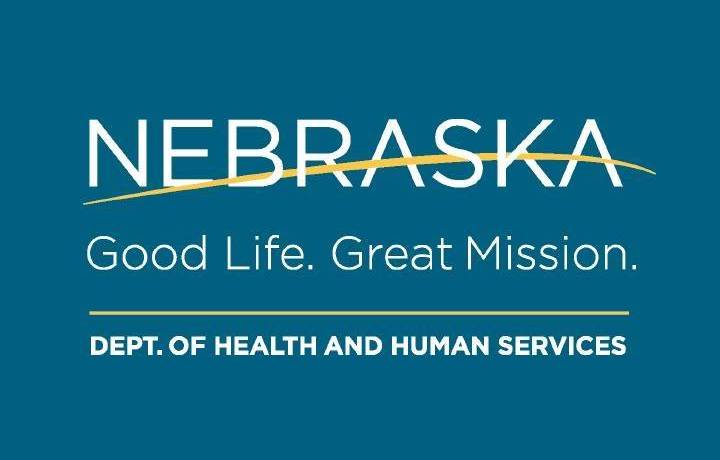![]()

Caregiving for an ill, aging, or disabled family member is a tough and rewarding endeavor. During November, the Nebraska Department of Health and Human Services (DHHS) recognizes caregivers of all kinds and celebrates their dedication to their vital roles in our community.
“It can be difficult to identify as a caregiver. Often times individuals take care of their loved ones automatically without recognizing the physical, emotional, and financial sacrifices they have made to provide extra support to family members with a chronic illness, disability, or age-related condition,” said Tony Green, Director of the Division of Developmental Disabilities. “Caregivers regularly help their loved one with a broad range of daily needs to help them live in their own homes and as independently as possible. It is okay to take a break or utilize a respite service without feeling guilty. Supportive individuals need a chance to recharge and obtain emotional support, do an activity they enjoy, or be present for their other loved ones. Please remember that you are not alone; support and help are available.”
In Nebraska, about 179,000 individuals provide an estimated 168 million hours of care each year. This unpaid labor is valued at $2.8 billion by the latest report by the American Association of Retired Persons (AARP) Valuing the Invaluable series. Caregivers help their loved ones manage medications and medical care, meal preparation, eating, bathing, dressing, chores, finances, grocery shopping, transportation, and much more. Even if you do not live close by your loved one, you can help provide valuable care to a loved one through assistance in setting up appointments, calling to check in, ordering supplies, and more to fit the individual’s unique needs.
Several caregivers work full or part-time jobs, which may lead to feeling overwhelmed at times because of their “double duty”. Caregivers are encouraged to take some time away from their jobs at times due to being in the role of a caregiver and meeting the immediate needs of the care recipient. Employees covered under the federal Family and Medical Leave Act (FMLA) may be able to take up to 12 weeks of unpaid leave a year to care for relatives.
Nebraska Revised Statutes § 77-3163 to 77-3166 outlines the tax credits for those providing care to family members with additional needs. That tax credit will go into effect for taxable years beginning after January 1, 2025. The Caregiver Tax Credit provides a nonrefundable tax credit for out-of-pocket costs incurred by the caregiver for a specific set of services. This tax credit is essential in supporting the unpaid caregiver and their family with care directly related to special health care needs.
Support Resouces for Caregivers:
- Home care is the preferred method of health care delivery among the disabled, aging individuals, and chronically ill. Most communities have some type of respite care available, such as in-home respite where aides come into the home for a scheduled period of time, adult care centers/programs, and short-term respite care which may be available in some assisted living communities.
- Find local resources for caregivers by checking out the Eldercare Locator or contacting the local Area Agency on Aging (AAA) to learn about services within the community.
- Refer to the Nebraska Resource and Referral System which provides information that is location-specific for available services and providers.
- Some tools such as apps for seniors can be downloaded onto a smartphone or other device, while other tools transform an entire house into a secure network to help protect seniors or others from danger.
- Easing the burden for caregivers will improve the overall quality of care while allowing them much-needed respite from what normally requires full attention. For more information, visit www.respite.ne.gov to find additional resources, or contact your local respite coordinator by calling 1-866-RESPITE.
- Lifespan Respite Program; https://dhhs.ne.gov/Pages/Respite.aspx
- The Suicide and Crisis Lifeline; call, text, or chat 988.
- Nebraska Family Helpline – Any question, any time. (888) 866-8660.
- Rural Response Hotline, (800) 464-0258.
